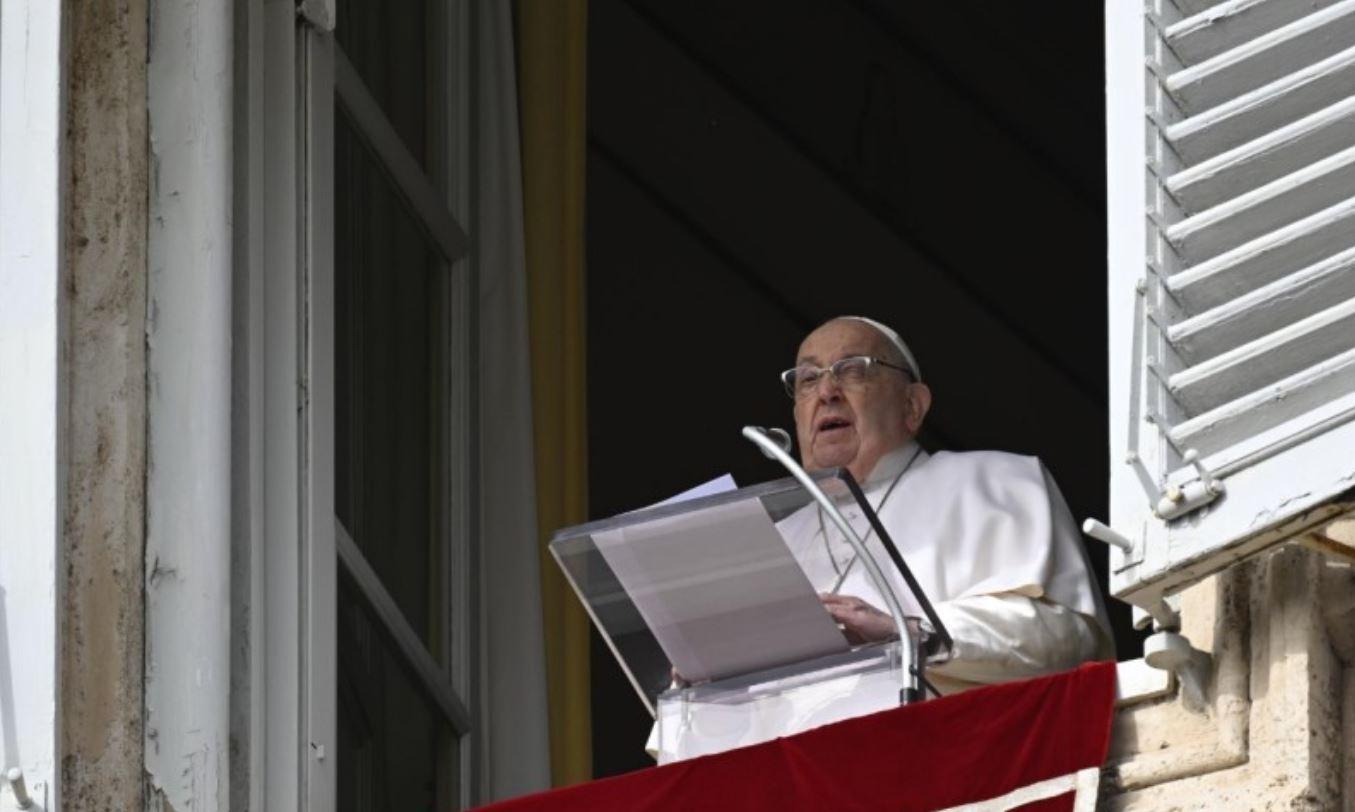On Sunday, Pope Francis marked the Day for Life in Italy, which has the theme “Transmitting life, hope for the world.”
The Day for Life was established by the Italian Bishops in 1978, the year when Italy legalized abortion for the first 90 days of pregnancy.
The law is still in effect, although abortions can be performed after 90 days for various reasons. However, Italy allows for conscientious objection from medical staff, and around 63 percent of gynecologists across the country refuse to participate in abortion activities.
“I join with the Italian bishops in expressing gratitude to the many families who eagerly welcome the gift of life and in encouraging young couples not to be afraid of bringing children into the world. And I greet the Italian Movement for Life, which is fifty years old. Best wishes!” Francis said during his Angelus message.
“And with regard to the primary value of human life, I reiterate a ‘no’ to war, which destroys; it destroys everything, it destroys life and induces us to disregard it. And let us not forget that war is always a defeat. In this Jubilee year, I renew my appeal, especially to Christian governors, to do their utmost in the negotiations to bring all the ongoing conflicts to an end. Let us pray for peace in tormented Ukraine, in Palestine, Israel, Lebanon, Myanmar, Sudan and North Kivu,” the pope said.
Ahead of the day, the President of the Italian Pro-Life Movement said the Church does not “give up in the face of offenses against human life the ability to say that if the defense of the law fails, at least conscience remains.”
“Scripture presents us with a God who loves life: He desires it and joyfully spreads it in multiple and surprising forms in the universe he created and sustained in existence; he loves human beings in a particular way, calling them to share in filial dignity and to be participants in the same Divine life,” said Marina Casini in Avvenire, the bishops’ newspaper.
“Therefore, [the day’s] specific function is to make us reflect specifically and primarily on nascent life, because a child, even at birth, is always a child: One of us, a son or daughter, a person,” she said.
“The Day for Life calls all believers and people of good will to commit themselves to defending the right to life that is proper to every person and the foundation of human coexistence. Reflecting on life, it is right and legitimate to remember the many situations in which human life is despised, but this must not cause us to shelve the threats to its weakest phase, the one hidden in a woman’s womb or in the cold of a test tube when that invisible person is denied everything, even the common belonging to the human family,” Casini continued.
Italian Prime Minister Giorgia Meloni, leader of the rightwing political party Brothers of Italy (FdI), is considered the most pro-life prime minister in western Europe.
She hosted the G7 meeting last June, and insisted the group’s final statement remove references to the importance of “safe and legal abortion.”
Italy’s Senate last year passed legislation which allows regions to permit groups “with a qualified experience supporting motherhood” to have access to women considering abortions at public medical clinics.
However, Meloni last year said she isn’t trying to change Italy’s current abortion law.
“I believe that we must guarantee a free choice and I believe that to make a free choice you need to have all the necessary information,” she said.













